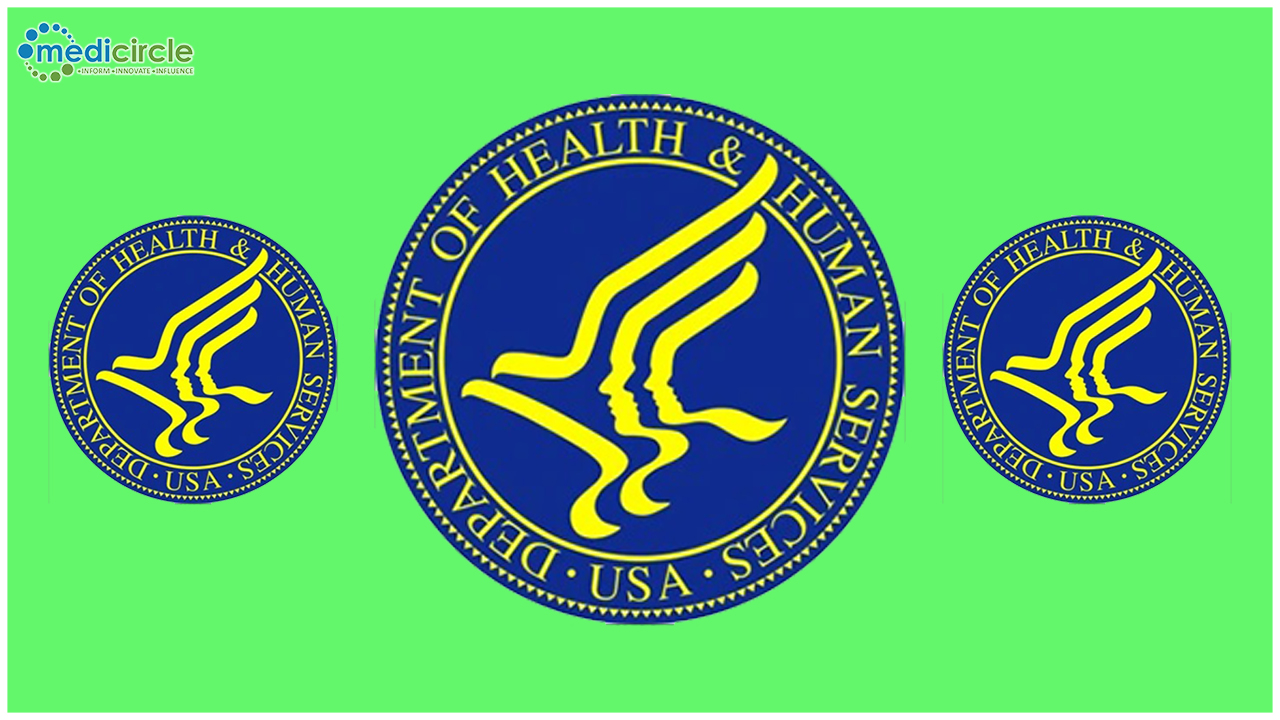The U.S. Department of Health and Human Services launched the nation's first Foundry for American Biotechnology today to produce technological solutions that help the United States protect against and respond to health security threats, enhance daily medical care, and add to the U.S. bioeconomy.
This Foundry for American Biotechnology will be housed in Manchester, New Hampshire, and managed in conjunction with the Advanced Regenerative Manufacturing Institute (ARMI), led by Manchester-based DEKA Research Corp., as part of a public-private partnership with HHS Office of the Assistant Secretary for Preparedness and Response (ASPR).
ASPR and a consortium of government agencies and private sector partners will determine, fund, and attract additional private sector funding to commercialize the foundry's innovation projects. In addition to ASPR and ARMI, the first consortium partners will include representatives from industrial pharmaceutical and industrial automation sectors.
"As the outbreak of the novel coronavirus reminds us, protecting the health and security of the American people requires constantly investing in biotechnology innovation and partnering with the private sector," said HHS Secretary Alex Azar. "The creation of the first Foundry for American Biotechnology in New Hampshire is a milestone achievement in the innovative work that ASPR has done to support America's development and manufacturing of medical countermeasures. Every year, America faces natural disasters and other public health emergencies, and someday, Americans will be able to recover faster from these emergencies and stay healthier because of products that come out of this Foundry."
"The Foundry for American Biotechnology represents a game-changer in driving technologies critical to saving lives in disaster response," said ASPR Dr. Robert Kadlec. "By providing essential services that move biotechnology from bench to bedside, the foundry not only solves problems the nation faces in health security but also boosts the U.S. bioeconomy."
The Foundry will engage regional experts and offer an idea lab, dry and wet labs, manufacturing space, and a learning zone with access to DEKA's industrial design capabilities and the company's modelling and simulation technology. The Foundry also will create and manage a commercialization program that engages private-sector partners to accelerate the adoption of the technologies.
With this approach, technology more quickly becomes part of daily medical care and available for disaster response. This commercialization program also may reduce the need for federal and state governments to maintain costly stockpiles of medications, vaccines, diagnostics, equipment, and supplies.
The flexible wet lab space can be sized for specific project needs with project teams bringing their own personnel, products, materials, and supplies.The Space even supports the development of manufacturing processes using commercial Good Manufacturing Practices (cGMP) necessary to bring the products to market. Under the partnership agreement announced today, DEKA also will offer its rapid prototyping capabilities to foundry projects.
The Foundry's first project will focus on maturing and validating small, portable, automated devices that could be transported easily to disaster locations to make necessary medicines on-site. ASPR is partnering with the Defense Advanced Research Projects Agency (DARPA exit disclaimer icon) to transition this technology to the Foundry from DARPA's Battlefield Medicine and Make-It programs.
"The DARPA partnership with ASPR is poised to provide the initial demonstration of automated, on-demand capabilities for distributed production of medicines, an important enabling capability for both the military and civilian sectors," said Anne Fischer from DARPA's Defense Sciences Office. "We are excited to work with ASPR at the Foundry to validate these critical technologies for the production of medicines."
This effort is expected to boost ASPR's Priority Medicines on Demand program. In a disaster response, such as a pandemic or bioterrorism incident, millions of people may need medicines, such as antibiotics or antivirals, or vaccines. Through the Priority Medicines on Demand program, ASPR envisions producing essential products quickly in the location where they would be needed rather than being manufactured elsewhere in the country or the world and shipped to the affected area.
"In a global health emergency like a pandemic, the countries in which active pharmaceutical ingredients, medications, and vaccines are produced could require manufacturing companies to provide the medications or vaccines to their own country before manufacturing and delivering products to other countries," Joe Hamel, ASPR's Strategic Innovation and Emerging Technology Manager explained. "Medicines on-demand technology eliminates this complication, which would greatly decrease our emergency response time and help secure the U.S. supply chain."
The technology for medicines on demand have commercial uses as well. Technologies developed at the foundry could transition to the private sector or federal agencies for final development and technology validation, with sustainable products for sale on the commercial market.
Innovators interested in using the Foundry can learn more about the current problems ASPR is looking to solve. ASPR will accept proposals to develop solutions through September 30.

 This effort is expected to boost ASPR's Priority Medicines on Demand program. In a disaster response, such as a pandemic or bioterrorism incident, millions of people may need medicines, such as antibiotics or antivirals, or vaccines.
This effort is expected to boost ASPR's Priority Medicines on Demand program. In a disaster response, such as a pandemic or bioterrorism incident, millions of people may need medicines, such as antibiotics or antivirals, or vaccines. 









.jpeg)

















.jpg)


